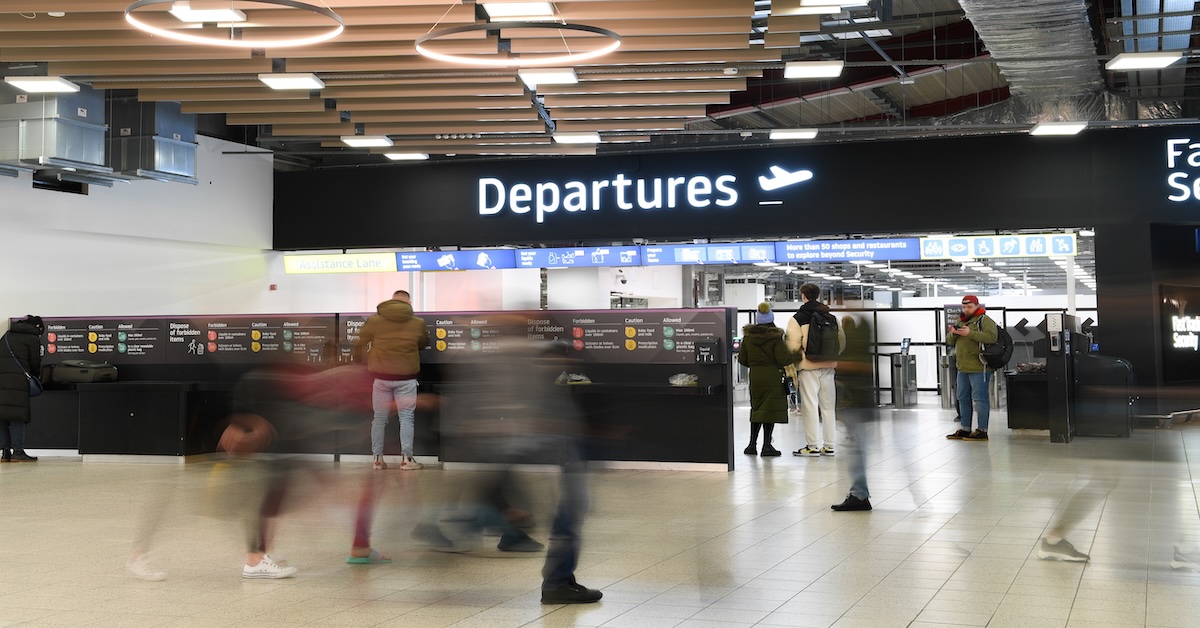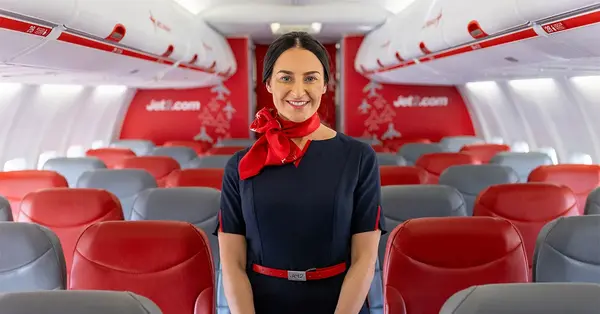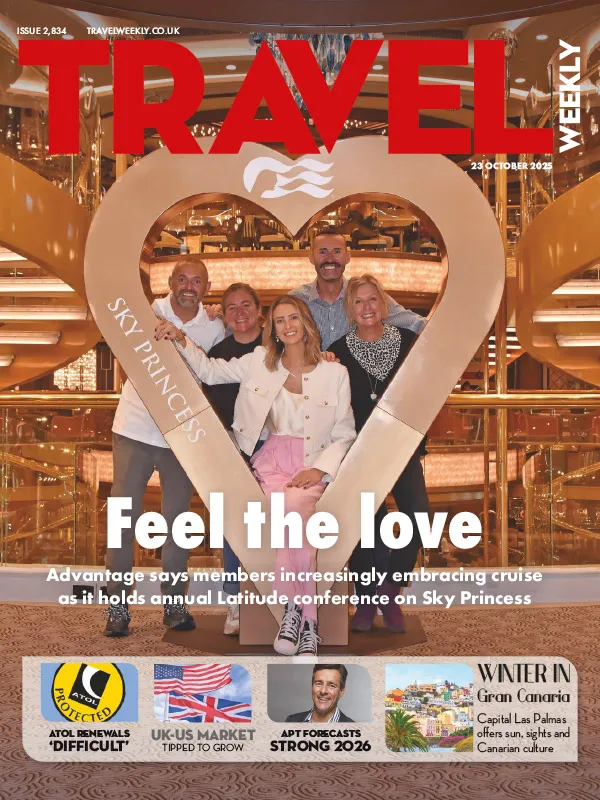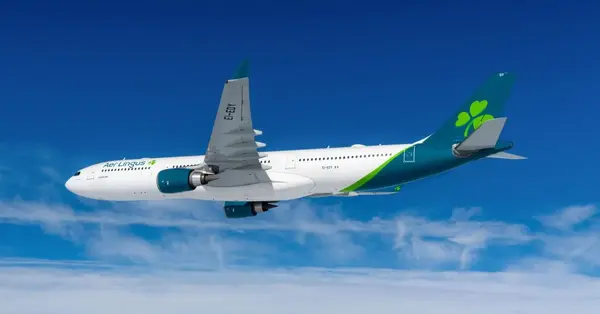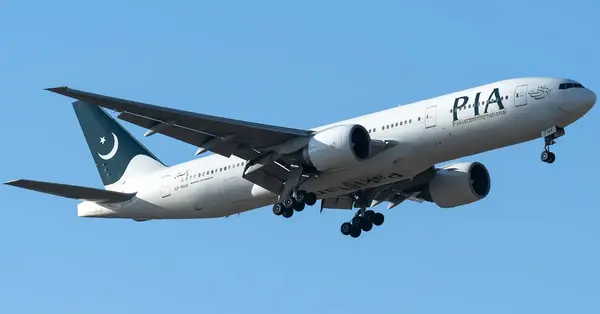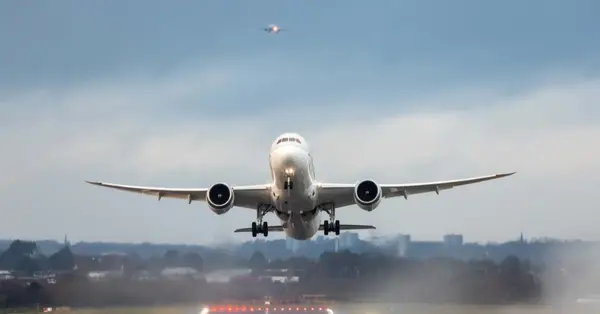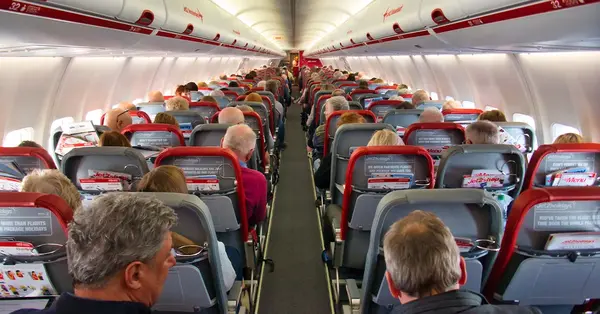You are viewing 1 of your 2 free articles
Airlines’ drive for NDC ‘a Trojan Horse’ for direct sales, says Travelport
Travel technology company Travelport has suggested the new distribution capability (NDC) technology pursued by leading Iata members is “a Trojan Horse” for driving sales direct to consumers.
A Travelport report entitled ‘Modern Retailing’ claims “the current state of NDC” has made shopping for flights through intermediaries “more complicated” and “more cumbersome” and is “in conflict with price transparency”.
Leading airlines present the decade-long drive to develop NDC technology as aimed at enabling personalised, Amazon-style retailing through agents and travel management companies (TMCs), mimicking how carriers can sell direct.
More: American Airlines to revamp NDC booking strategy
Virgin Atlantic pledges ‘considered’ approach on NDC technology
US agents’ chief hits out at American Airlines over latest NDC move
However, the Travelport report notes: “Our industry has gone from offering 500 products in 2010 to 10,000 in 2024.”
It suggests: “It is unrealistic to assume travellers will abide by a tax on their time by trying to compare . . . infinite pairings of timings and price, and over 10,000 branded products from the world’s top 250 airlines.”
The report asks: “Is NDC a trojan horse for DTC? This is the question we’re hearing from travel agencies.”
It argues: “Through NDC, some airlines are driving customers to owned channels and away from third parties like the GDS, travel agents, corporate booking tools and OTAs [online travel agents].”
The report adds: “While NDC promises more in the way of personalisation, consumers do not feel that materialising for them. Customers do not feel it’s really about personalisation. It appears to be more about giving airlines greater control of the indirect distribution channel, while also growing DTC [direct-to-consumer sales].”
A leading travel technology provider and global distribution system (GDS), Travelport claims to be “aggressively innovating NDC solutions in a way that best supports all of our customers on the supply and demand sides”.
But research for the report among 1,659 recent air travellers in the UK, Germany, the US and South Africa found more than half (56%) believe airline products have become “more complex and difficult to understand” and 58% described the choices of fares, bundles and brands as “overwhelming”.
Two out of five (42%) said they don’t believe they receive customised offers despite the promised personalisation.
Two thirds (66%) thought there were “too many hidden fees” and 69% that information was “often restricted”.
Four out of five (80%) described comparing fares as “very time consuming” and 71% were “often not confident” they got the best deal.
Travelport notes: “NDC is implemented differently by every airline . . . [and] travel agents often see duplicated content on screen or have to . . . open multiple tabs to compare products.”
It argues: “There has never been a greater need for an agnostic marketplace technology in travel because there are more content sources . . . now.”
Instead, the report concludes: “The current state of NDC makes the digital shopping experience even more cumbersome.”




